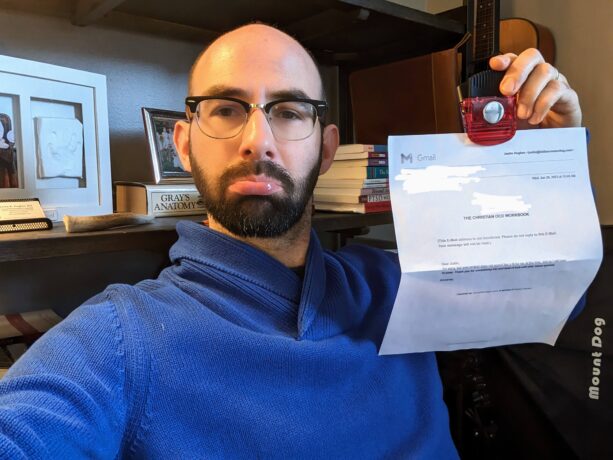
Experiment: Look at the picture above. What do you feel? Those feelings are real. However, how you interpret what you feel makes all the difference (whether you think cats are cute, a nuisance, practical, fun, allergic fur balls, or pure joy).
I see a common phrase that goes around: “Feelings are not facts.” While I agree with the inherent sentiments, it’s wrong. Feelings are facts. Your interpretation of feelings may not be factual.
Actual feelings are factual insomuch as they reflect disparate and connected processes within the body and mind, occurring in real time. They give you information. Sensations and emotions link us in to a wealth of details. Researchers have long struggled to pinpoint feelings exactly (this is one of the reasons why there are no definitive feelings charts/references and why therapists will list anywhere from 3 basic emotions and as many as 100 or more), and though neuroscience is helping us understand more what occurs biologically in the brain, the conclusion is far from definitive.
Making this separation that feelings are facts may seem a bit pedantic- splitting hairs. My first supervisor I ever had in my internship would tell me something along the lines of this: “Separating feelings from thoughts is foundational for emotional intelligence.” Agreed. And it’s just plain healthy. CBT (Cognitive Behavioral Therapy) helps us get really good at being honest with the interaction between thoughts, feelings, and behaviors. Problems with anxiety, depression, dissociation, psychosis, narcissism, and all of mental health at some level deals with how much a person is living in reality. None of us are 100% or will be perfect at it. However, we can grow. Do our thoughts line up with the bigger picture? Are thoughts and emotions congruent? Do behaviors fit what we believe? If I feel chest tightness, racing heart, or my stomach drop when I’m around another person, the conclusion is not necessarily that that person is bad or I need to get away. Yes, sometimes that is the case. I have also had these feelings around people I trust implicitly. There are a number of factors that can lead to feelings- amount of sleep I got last night, hunger, and stress in general, to name a small few.
So when people say feelings are not facts, I understand what they’re saying and support the gist. I think your mental health will thank you, though, if you appreciate that your body and brain is created to give you information- and that information is factual insomuch as it exists and is connected to you. How you interpret the meaning may not be factual. If you separate these two, you will better honor what your body and mind are telling you, while, if you pursue growth, you can learn to line up your life more congruently for your mental health and the wellbeing of those around you.








Leave a Reply